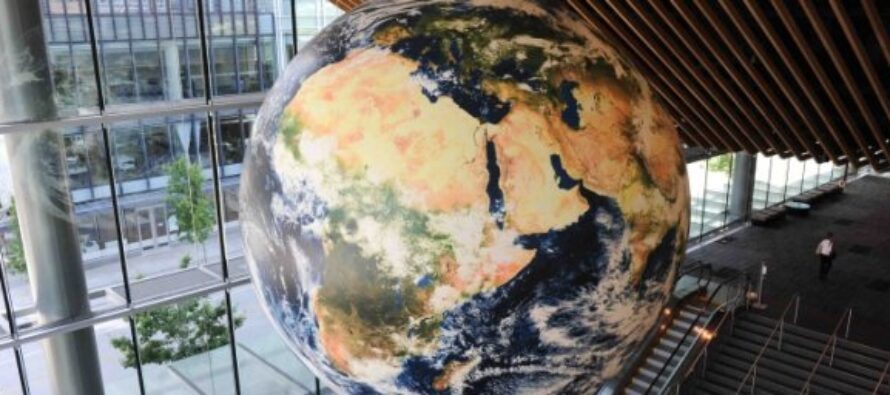PRIME MINISTER ERDOGAN MEETS US PRESIDENT OBAMA

![]()
Turkey’s determination not to send combat troops to Afghanistan and its demand that Armenia pull out of a disputed Azerbaijani enclave will likely dominate a key meeting between Turkish and U.S. leaders, according to international-relations experts.
Experts responded to four questions on the critical issues: the wars in Afghanistan and Iraq, Iran’s nuclear impasse with the West and the recent thaw in Turkish-Armenian relations. They shared their views with the Hürriyet Daily News & Economic Review about what U.S. President Barack Obama and Turkish Prime Minister Recep Tayyip Erdo?an might discuss during their meeting in Washington, D.C.,today.
The meeting comes a few days after Obama’s decision to bolster the U.S. military presence in Afghanistan by 30,000 troops. As he departed for the United States, Erdo?an said Turkey would not send combat troops to Afghanistan.
Experts from both Turkey and the U.S. have echoed the same thoughts over Turkey’s decision on Afghanistan and said Erdo?an would stick to his government’s policy about staying on as peacekeeping forces in the war-torn country.
Experts also said the Turkish prime minister would ask Obama to push Armenia for a withdrawal from the disputed Azerbaijani enclave of Nagorno-Karabakh.
On Iran’s controversial nuclear drive, Semih ?diz, a columnist for daily Milliyet, said Erdo?an’s hand is weak on Iran, while Sabri Sayar?, an international-relations professor from Sabanc? University, described the issue as the most sensitive one.
The withdrawal of U.S. forces from Iraq will also likely be on the table during the meeting, Sayar? said.
?lter Turan, an international-relations expert from Bilgi University, said Erdo?an would seek the United States’ cooperation against the outlawed Kurdistan Workers’ Party, or PKK.
Related Articles
Amburgo 3-4-5 febbraio: modernità capitalista e la questione kurda,
![]()
 Sfidare la modernità capitalista, concetti alternativi e la questione kurda. E’ il titolo della tre giorni organizzata da networkaq.net (che raccoglie una serie di associazioni kurde) all’università di Amburgo il 3, 4 e 5 febbraio.
Sfidare la modernità capitalista, concetti alternativi e la questione kurda. E’ il titolo della tre giorni organizzata da networkaq.net (che raccoglie una serie di associazioni kurde) all’università di Amburgo il 3, 4 e 5 febbraio.
Tre giorni di discussione e scambio teorico e pratico su quanto si sta muovendo a livello internazionale in materia di nuovi modelli di sviluppo e di governance. Una conferenza voluta dai kurdi che nonostante la guerra e la repressione in Turchia continuano a elaborare modelli alternativi di “convivenza” tra nazioni.
A discutere sono stati chiamati tra gli altri Immanuel Wallerstein, Toni Negri, Norman Paech ma anche i baschi della Sinistra Indipendentista impegnati in un processo finora unilaterale per la soluzione del conflitto basco-spagnolo attraverso il dialogo. Ci sarà anche una lecture dell’economista indiano Achin Vanaik mentre il giornalista kurdo Ferda Cetin analizzerà il ruolo dell’islam politico.
CARTA DEI DIRITTI DI EUSKAL HERRIA – 2002
![]()
Dalla “Carta de los derechos de Euskal Herria” Udalblitza, 23 novembre 2002 PROCLAMAMOS que: *Euskal Herria tiene
How the Arab world lost southern Sudan – Lamis Andoni
![]()
Al Jazeera. Both pan-Arabist and Islamist governments have failed to embrace diversity and pluralism –


